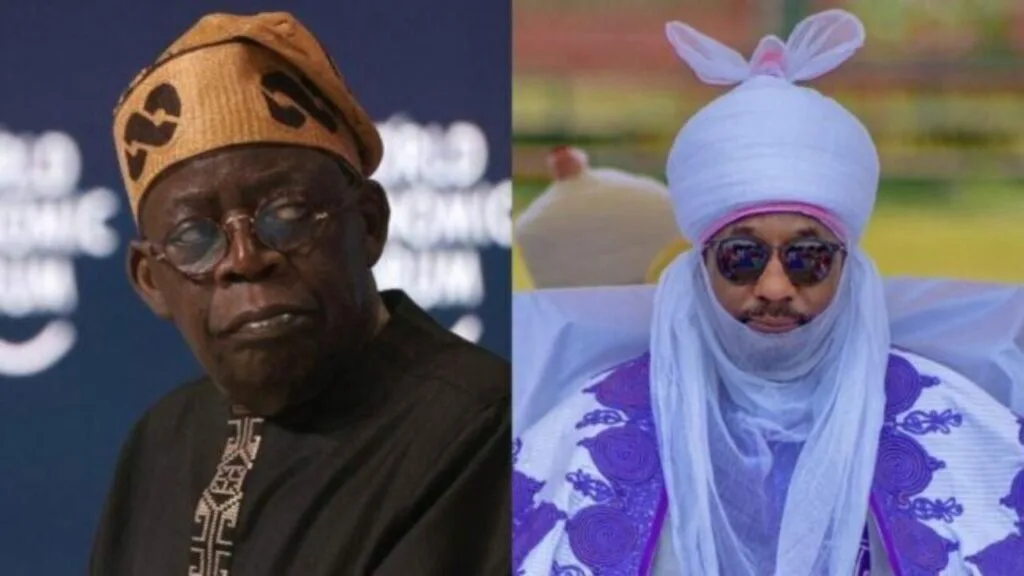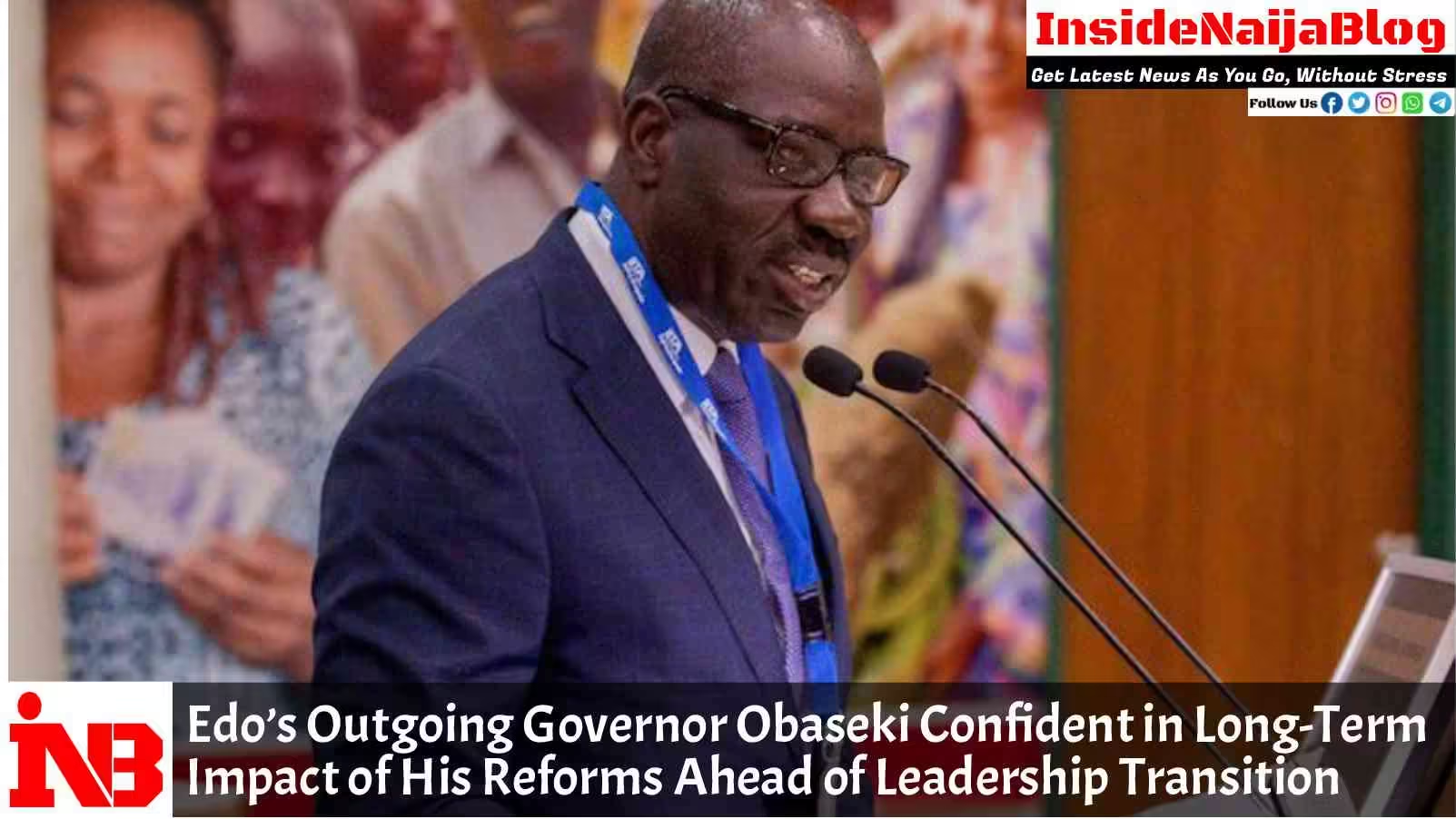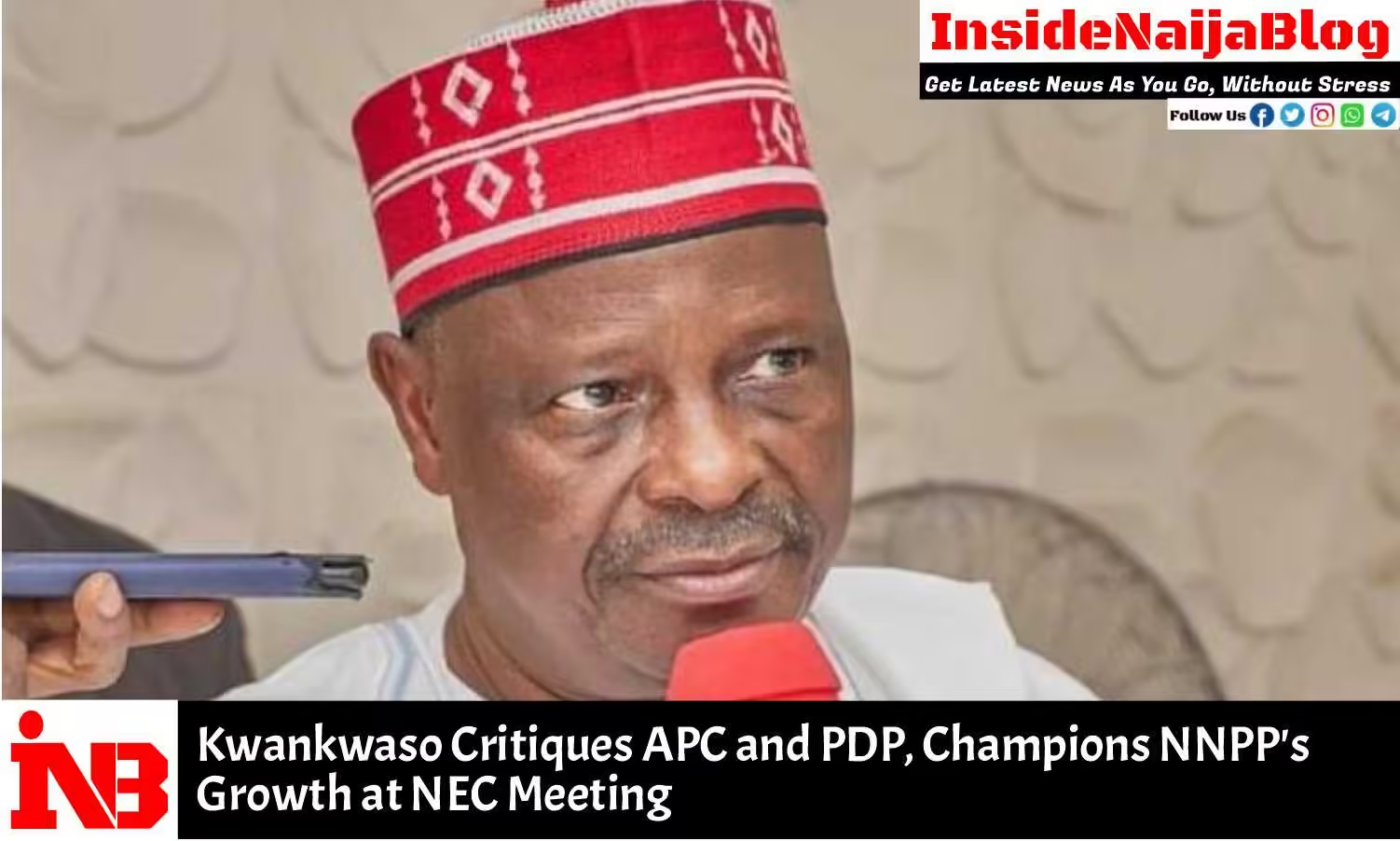The Federal Government of Nigeria has issued a strong response to recent remarks by the Emir of Kano, His Highness Muhammadu Sanusi II, regarding the economic policies of President Bola Tinubu’s administration. The government dismissed the need for the Emir’s endorsement of its initiatives, urging him to prioritize the nation’s welfare above personal or partisan interests.
In a statement released by the Minister of Information and National Orientation, Mohammed Idris, the government expressed disappointment in the Emir’s decision to refrain from offering advice or support for its policies. The remarks came after the Emir’s speech at the 21st Memorial Lecture of Chief Gani Fawehinmi in Lagos, where he criticized aspects of the government’s approach to economic management and suggested he would not assist in explaining or defending their policies.
The Emir, a former Governor of the Central Bank of Nigeria, remarked that the current economic challenges were foreseeable and avoidable but stated his unwillingness to provide solutions or defend the administration. He attributed this decision to the perceived lack of loyalty and communication from the government. “They don’t even have people with pedigree that can come and explain to the people what they are doing,” he stated, adding that while he had initially supported the administration, he no longer felt inclined to do so.
Federal Government’s Position
In its rebuttal, the government emphasized the necessity of the economic reforms being implemented, framing them as bold and transformative steps to address decades of mismanagement. The Minister highlighted that these reforms—such as the removal of fuel subsidies and the unification of exchange rates—are already yielding positive results, including increased investor confidence, improved foreign reserves, and greater investment opportunities in infrastructure, healthcare, and education.
The statement further stressed that while the reforms may bring temporary discomfort, they are essential for Nigeria’s long-term stability and economic growth. Projections from reputable institutions like the World Bank, the Minister noted, indicate that Nigeria’s GDP is on an upward trajectory, signaling recovery and resilience.
Criticism of Emir Sanusi
The government expressed disappointment in Emir Sanusi’s stance, particularly given his economic expertise and previous support for similar reforms. The Minister accused the Emir of allowing personal grievances to cloud his judgment, suggesting that his reluctance to support the administration stems from a perceived “shift in loyalty” rather than a genuine critique of policy.
“It is deeply disappointing that reforms widely recognized as essential by global experts—including by Emir Sanusi II himself—are now being subtly condemned by him because of a shift in loyalty,” the statement read. It urged the Emir to contribute constructively to national discourse, emphasizing his unique position and responsibility as a respected leader and economist.
Broader Implications
The exchange underscores the growing tension between traditional institutions and political authorities in Nigeria, especially when opinions diverge on sensitive issues like economic reforms. While the government maintains that its policies are essential and globally endorsed, Emir Sanusi’s criticisms reflect the frustrations of many Nigerians grappling with the immediate impacts of these changes.
As the nation navigates these reforms, the Federal Government continues to defend its policies as necessary measures for securing Nigeria’s future. However, the public exchange with a prominent figure like Emir Sanusi highlights the importance of fostering dialogue and cooperation among stakeholders to address the complex challenges facing the country.




